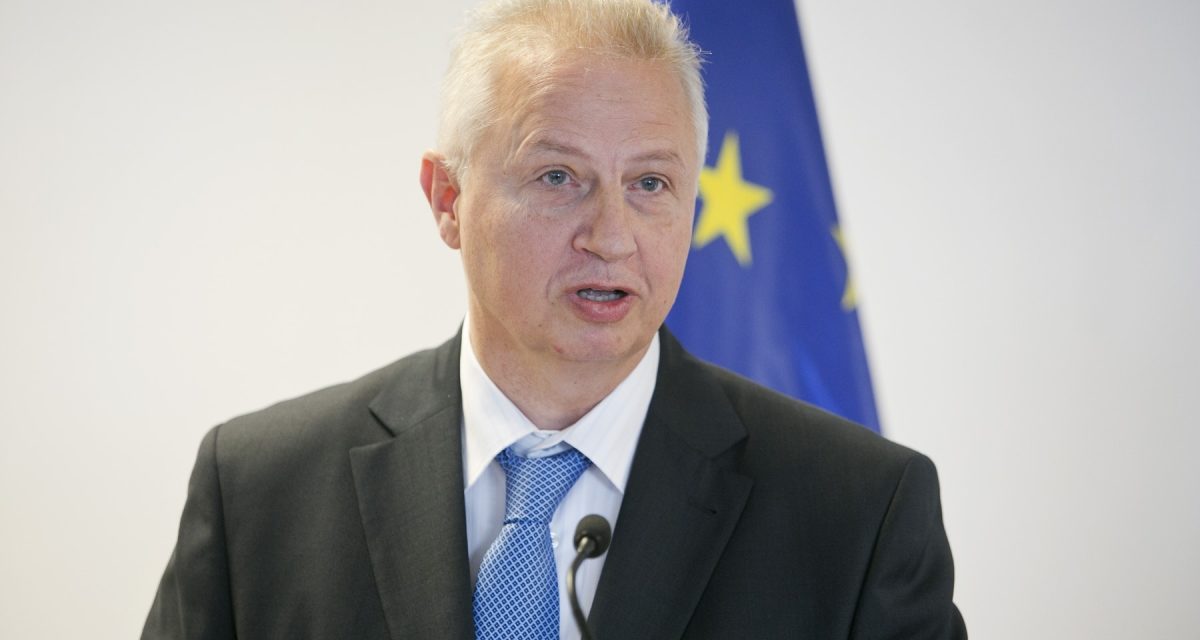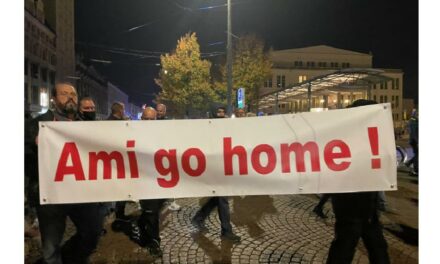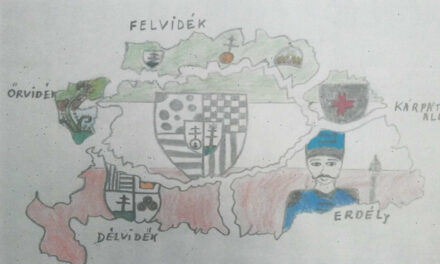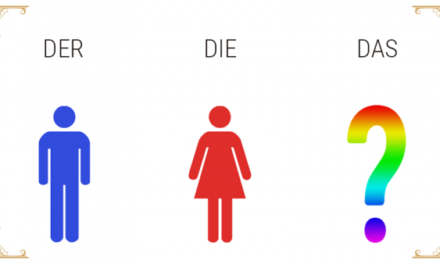The history of European integration abounds in both spectacular successes and devastating failures and disappointments. It prevented the outbreak of another European fraternal war, the internal market created the basic conditions for economic prosperity in Western Europe, and thus contributed to its successful defense against the Soviet communist ideological expansion, writes EU representative László Trócsányi in his opinion article published in Magyar Nemzet.
Schuman Declaration , published on May 9, 1950 , and then discusses today's problems and tasks:
...The history of European integration is surrounded by successes as well as failures and unfulfilled dreams. It has failed to achieve integration across the European continent and cannot offer sufficient answers to the crises and challenges of the new century. It cannot deal with mass migration, growing disparities between Europe's regions, social polarization and the decline of European innovation and competitiveness. Europe's role in the world economy is getting smaller and smaller, its demographic indicators and defense spending are shrinking.
It is increasingly becoming a geopolitical conflict zone between the United States, China, and Russia, while it cannot protect itself or its member nations. The imprint of all this is also reflected in the handling of the crisis caused by the coronavirus epidemic over the past year. European integration could not help European nations and people either in predicting the epidemic, or in preventing or managing the public health disaster.
European unification has now reached a crossroads. One of the forums for discussions about this will be the conference on the future of Europe, which is about to start. We all know the old saying that if you can't solve a problem, create a committee, and if the committee can't deal with the problem, then a subcommittee will take over the matter . In light of the series of crises that have plagued Europe for more than a decade, the conference seems similar. In fact , it is feared that the conference, adapted to the suppressed atmosphere of European debates, will serve the interests of the idea of a federative Europe, the uniformization effort based on the principle of "ever closer union"...
…We need to take note of the intentions behind the conference and speak up. Our task now is no less than to protect the Europe that we have wanted to join for many decades, and which we previously guarded for centuries and sometimes defended at the cost of our own independence. In light of this, we must reject the ideologically rooted idea of the unification of the United States of Europe and the European peoples. As evidence, we must remind that there is no European people, only European peoples exist in their diversity, with different languages, history and culture. The crises of the past decades have proven that the European institutions are unable to overcome difficulties and crisis situations without the support of the member states and national solutions.
It makes no sense to talk about a European identity without national self-identity. This is also confirmed by the departure of the British, without whom European integration became much poorer not only in economic or military terms, but also in spiritual terms. Instead of chasing utopian dreams, we must strive to create European unity built from the bottom up. In the spirit of this, the European Parliament should only deal with issues within its competence, and the EU institutions should respect their powers contained in the treaties and the identity of the European nations. The Court of Justice of the European Union should strive for an equal and mutual dialogue with the national supreme and constitutional courts...
...Europe and European civilization are also the common destinies of the European peoples, there is a need for their coordinated action in many areas, such as agriculture, industrial policy, the protection of European investments, the promotion of sustainable development, digitalization or external border protection. We believe that this is how the freedom of European citizens can be protected, and how European competitiveness and strong European action in the world can be ensured ."
can be read here in its entirety
(Cover image source: Fidesz.hu)













